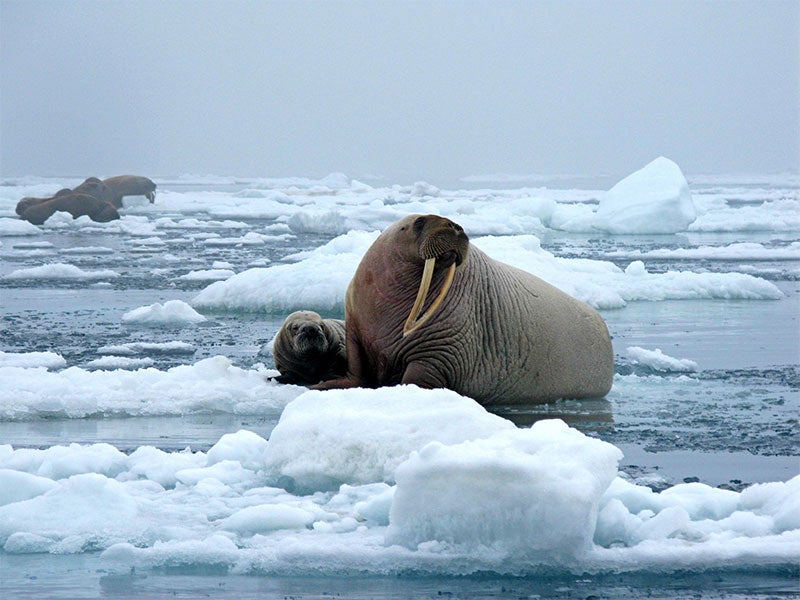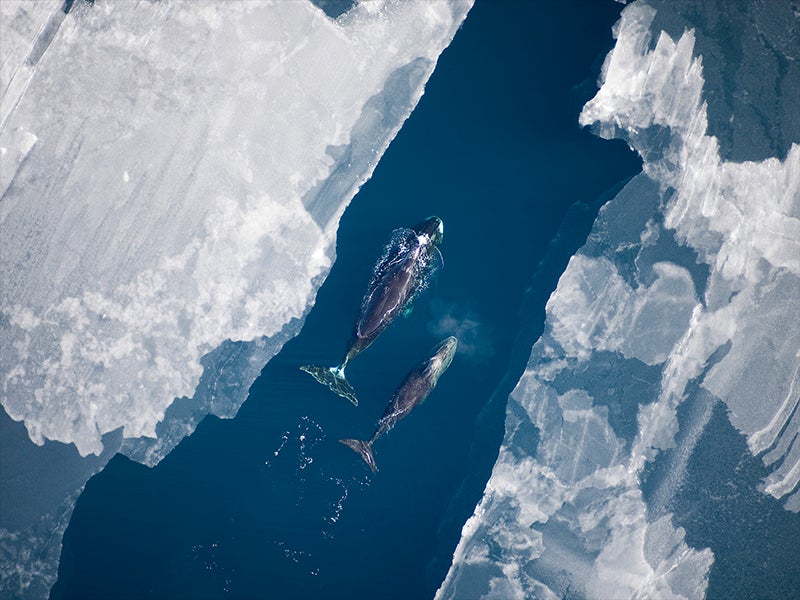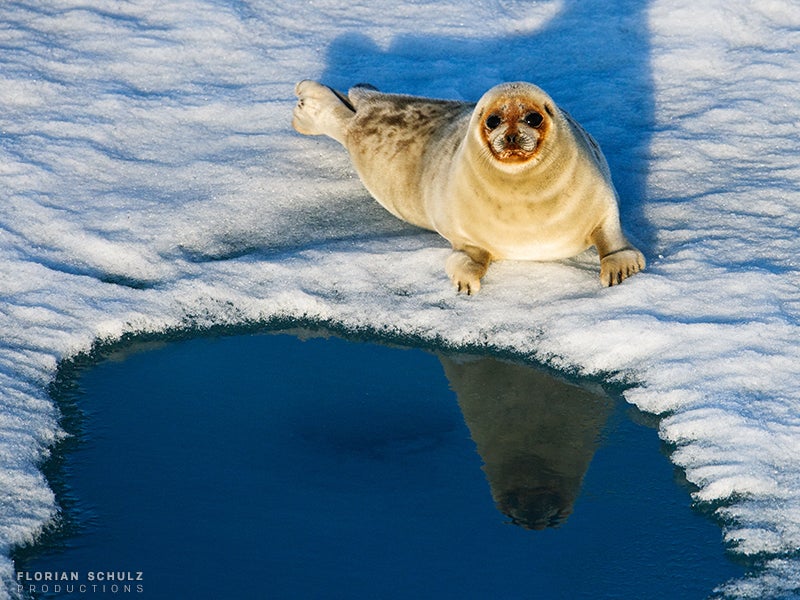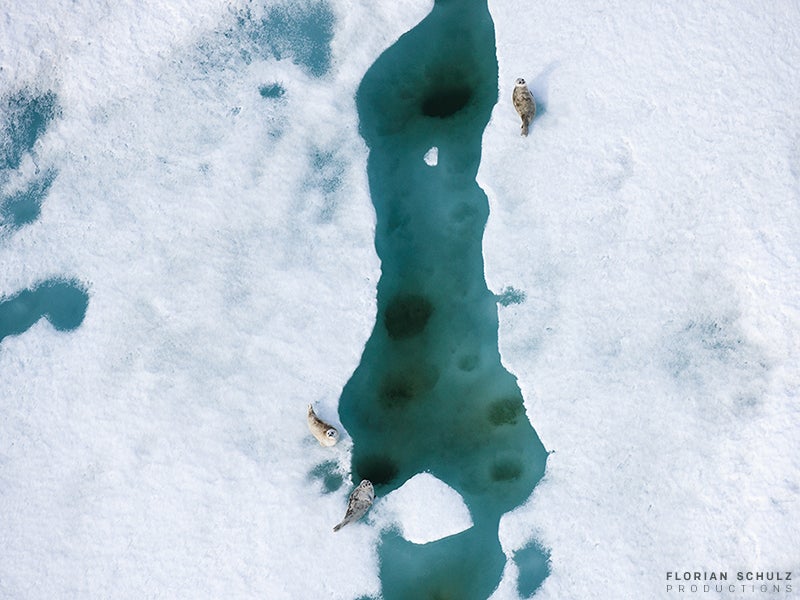Protecting the Arctic Ocean from Risky Oil Drilling
The Arctic provides vital habitat for polar bears, endangered bowhead whales, and more. Alaska native communities have depended on the resources of the region for thousands of years. Drilling in the Arctic Ocean would risk catastrophe for the region and further exacerbate reliance on fossil fuels we cannot afford to burn if we are to avert the worst effects of climate change.
Clients
Alaska Wilderness LeagueCenter for Biological DiversityFriends of the EarthInupiat Community of the Arctic Slope (ICAS)National Audubon SocietyNatural Resources Defense CouncilNorthern Alaska Environmental CenterPacific EnvironmentResisting Environmental Destruction on Indigenous Lands (REDOIL)Sierra ClubThe Wilderness SocietyWorld Wildlife Fund
Regional Office / Program
Case Overview
The Alaskan Arctic is ground zero for climate change. It is a vibrant region that supports iconic wildlife such as polar bears, walrus and bowhead whales, and traditional Alaska Native communities. But it is warming at twice the rate of the rest of the planet, with dire consequences for its ice-dependent species. While it has put the region under tremendous stress, the melting ice also has renewed oil companies’ interest in drilling in the Arctic Ocean, which would risk catastrophe for the region and would further exacerbate reliance on dirty fossil fuels we cannot afford to burn if we are to avert the worst effects of climate change.
Beginning at the end of George W. Bush’s presidency, industry and the government set their sights on opening up the melting Arctic Ocean to oil drilling. Offshore drilling for oil and gas would expose the fragile and already climate-stressed ecosystem to significant noise, pollution, traffic and the risk of a catastrophic spill, which cannot be contained and cleaned up in the Arctic. Earthjustice has led the fight to protect the region from this risky and rushed push to drill. Our work has helped spark broad collaboration among national and regional conservation groups and Alaska Native organizations aimed at protecting the Arctic Ocean from risky drilling. Through court and administrative challenges of unlawfully issued permits and oil leases and advocacy work along with our coalition partners, Earthjustice has succeeded in keeping open the question of whether these seas should be open to oil drilling at all.
Offshore drilling proceeds in multiple stages. In the Arctic Ocean, the focus has been on the leasing and exploration drilling stages. Leasing is overseen by the Department of the Interior, and exploration drilling involves approvals from a number of agencies. For example, the Department of the Interior reviews exploration plans and oil spill response plans, the Environmental Protection Agency reviews water pollution plans, and, until recently, air pollution plans, and the National Marine Fisheries Service reviews how activities will affect marine mammals like whales and seals. Earthjustice has been involved in each of these various stages and permitting steps, working to encourage permitting agencies fully to analyze and disclose the risks and effects of offshore Arctic oil and gas exploration and going to court when they fail to follow the law.
Our work has been instrumental in preventing risky and rushed exploration drilling in the Arctic Ocean. Since 2008, we have been challenging in court a massive Bush-era lease sale that opened nearly 30 million acres in the Chukchi Sea—previously free of oil and gas leases—to oil drilling. It was pursuant to this lease sale that Shell Oil obtained the leases it wants to drill in the Chukchi Sea. Two different courts have now sent the lease sale back to the Department of the Interior for failing adequately to analyze and disclose the potential environmental effects and risks of drilling in the Chukchi Sea.
Earthjustice works with our conservation colleagues to encourage government agencies to fully consider the climate change consequences of their decisions in the Arctic Ocean. Drilling in the Arctic Ocean not only would exacerbate climate change effects in the region through the emission of black carbon, but it also takes the country in the wrong direction in the fight to curb greenhouse gas emissions. Given the many unique risks of Arctic Ocean drilling, it is the right place to start reducing our development of dirty fossil fuels if we are to win the climate battle.

Case Updates
Case page created on February 4, 2008.


